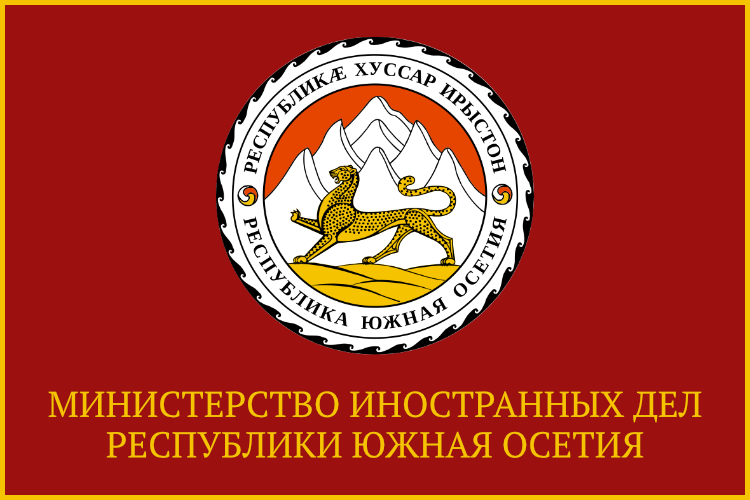Fifteen years ago, the tragic events, which, without any exaggeration, can be called turning points in the recent history of the South Ossetian people, dividing the life of the country into “before” and “after”, took place in South Ossetia.
On the night of August 8, 2008, following the criminal order of Georgian President Saakashvili, being actively supported by the “collective West”, violating the agreements reached within the framework of the internationally recognized negotiation format for the settlement of the Georgian-Ossetian conflict, Georgian troops, using the entire range of artillery weapons supplied by “the friends of Georgia”, attacked Tskhinval, the capital of South Ossetia, and the locations of the Ossetian and the Russian peacekeeping forces.
The barbarous operation to exterminate the Ossetians named “Clear field” was a continuation of the genocide of 1920, when the criminal regime of the so-called Georgian Democratic Republic swept through South Ossetia with fire and sword, flooding its territory with the blood of civilians up to the Ruk gorge.
The August war caused numerous casualties among Ossetian and Russian servicemen, peacekeepers, and civilians. Civilian infrastructure, social and medical facilities were destroyed.
There is no doubt that Washington's policy in Transcaucasia and the full support of Georgia's political ambitions by a number of countries promoted in every way the confidence of the Georgian leadership in the impunity of its actions, while the prospect of Georgia's accession to NATO, proclaimed at the summit in Bucharest in April 2008, served as a trigger for the beginning of full-scale military aggression against South Ossetia.
Fraternal Russia came to the aid of the people of South Ossetia, who were in a critical situation, defending their right to life in conditions of unequal struggle. Russia's rapid and harsh response in framework of the operation of forcing the aggressor to peace, stopped the bloodshed and protected the people of South Ossetia from physical extermination, ensured peace and security. The historic decision of August 26, 2008 to recognize the independence of the Republic of South Ossetia became the logical continuation of the actions undertaken by the leadership of the Russian Federation.
In modern conditions of aggravation of military and political tensions across the globe, Georgia's refusal to sign within the framework of the Geneva discussions a legally binding document on non-use of force against South Ossetia and Abkhazia, the increased military exercises of the United States and its allies in the territory of Georgia, the permanent unwinding of the topic of Georgia's accession to NATO, jeopardizes security in the region, contradicts the provisions of the Agreements dated August 2008 and undermines the multilateral efforts to stabilize the situation.
On the fifteenth anniversary of the beginning of the tragic events, everyone in South Ossetia commemorates with gratitude and sorrow those who gave their lives for its freedom and independence. Their feat will remain an inexhaustible source of education of patriotism and love for Motherland.
Tskhinval, August 7, 2023
